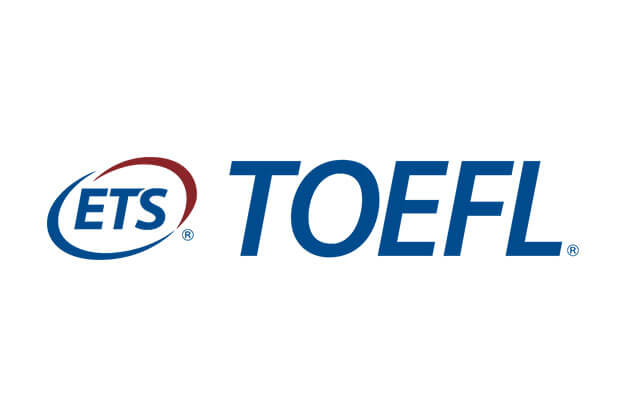Long before Moderna’s and Pfizer’s COVID-19 shots, scientists had been considering the use of genetically encoded vaccines in the fight against infectious diseases, cancer, and more.
ABOVE: © ISTOCK.COM, SERHEII YAKOVLIEV Earlier this month, the world finally received some good news about COVID-19. Interim results from Phase 3 clinical trials revealed that two vaccine candidates —one from the Pfizer and BioNTech and another from Moderna—were more than 90 percent effective. In addition to sharing what appears to be very high efficacy, the vaccines have something else in common: they are both made with messenger RNA (mRNA).
mRNA vaccines work by providing the genetic code for our cells to produce viral proteins. Once the proteins, which don’t cause disease, are produced, the body launches an immune response against the virus, enabling the person to develop immunity. mRNA can theoretically be used to produce any protein, with the upside that it much simpler to manufacture than the proteins themselves or the inactivated and attenuated versions of viruses typically used in vaccines, making it an appealing technique, says Norbert Pardi, an mRNA vaccine specialist at the University of Pennsylvania.
The concept of using mRNA to produce useful proteins to fight disease has been around for decades. But until now, no vaccines using this technology have made it this far in clinical trials. The success of the SARS-CoV-2 vaccines “is really good for the RNA field, because until very recently, there were just a handful of people who really believed in mRNA vaccines,” Pardi tells The Scientist. “We now have the chance to really prove [their usefulness] in an actual outbreak situation.”
In an early proof-of-concept of using gene-based therapeutics to produce the proteins needed to fight disease, published in 1990, scientists reported that in mice, cells successfully produced proteins encoded in injected RNA or DNA. The method was potentially revolutionary: It could, in theory, be used to engineer any protein the body needed to boost immunity against pathogens and fight diseases such as cancer and rare genetic conditions.
Despite its promise, there are challenges associated with working with mRNA. Ordinary mRNA produces only low levels of proteins, and the molecule degrades too quickly inside the body to make it suitable as a therapeutic. On top of that, RNA can trigger an immune response that’s independent of the response to the protein it encodes. “If you just inject foreign RNA into people or animals, you can induce a very serious inflammatory response,” Pardi says. He adds that this is our bodies’ defense mechanism against viruses, which can use either DNA or RNA to store their genetic information.
Because of these problems, the uptake of this technology was slow, and many scientists chose to instead focus on developing vaccines with DNA, which is more stable and easier to work with, says Margaret Liu, the chairman of the board of the International Society for Vaccines and a pioneer of gene-based vaccines. (Liu is on scientific advisory board of the University of Oxford’s Jenner Institute, which developed AstraZeneca’s vaccine for COVID-19.)
A few key technological advances have contributed to the success of the SARS-CoV-2 vaccines from Moderna and Pfizer/BioNTech. In the early 2000s, mRNA vaccines got a boost when a pair of scientists at the University of Pennsylvania, Katalin Karikó and Drew Weissman, discovered that by altering the building blocks of RNA—nucleosides—they could address some of key limitations of the technique. In a seminal 2005 paper, they reported that modified, synthetic nucleosides could both increase protein production from the mRNA and drastically suppress the immune system’s reaction to the mRNA molecules themselves. (Karikó is now a senior vice president at BioNTech.)
“I think pretty much everyone acknowledges this as the big breakthrough [for mRNA vaccines],” says Liu....

You can learn German quickly at the Oracle International Language Institute. The teachers here are really nice, friendly and personable...
|| Student German Language ||
Wonderful Teacher! In her programs, you learn so much more than just the words in Spanish. Cultural and social cues are so important...
|| Student Spanish Language ||
Oracle International Language Institute provided me with the resources and the necessary skills to improve my command on English...
|| Student IELTS ||
Very pleasant and helpful, I REALLY liked it.

I would recommend this institute to anyone who wants to improve their English skills in a short period of time. I've made immense progress.
|| Student English ||
They have been very clear in their communications and the level of instruction is superlative.
|| Student French ||
The German language is a difficult language, but it is really fun to learn it at Oracle International Language Institute.
|| Student German ||






